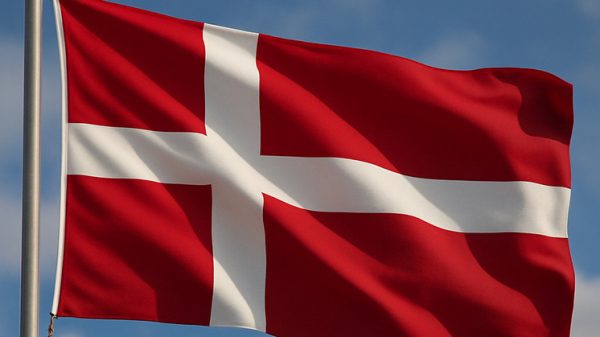
Animal rights campaigners have demanded the immediate release of a minke whale that has been trapped for more than two weeks in nets in Taiji, a town on Japan’s Pacific coast known for its annul dolphin cull.
Japanese media reported that attempts were being made to free the four or five metre long whale but fishermen claimed its size and strong tidal currents were making it difficult to guide it into open water.
Ren Yabuki – an animal rights activist who has been filming the whale with a drone every day since it became trapped on Christmas Eve – said fishermen had made only one brief attempt to release the animal, adding that its fate appeared to have been decided.
Taiji dolphin hunt: activists to launch unprecedented legal challenge
Read more
“It is difficult to guide the whale out of the nets and they don’t want to remove the nets as that would disrupt fishing and allow a large number of fish to escape, so my feeling is that they are going to kill it,” said Yabuki, campaign director of the Life Investigation Agency.
If they slaughter the whale, fishermen would be able to sell its meat after taking a DNA sample, Yabuki added. “Allowing the whale to starve to death would be the worst possible end to this, so the only other option would be to draw in the net and send divers into the sea to kill it with spears.”
Georgie Dolphin, animal welfare programme manager at Humane Society International [HSI] in Australia, said the whale had become “increasingly distressed and agitated, ramming the nets and deep diving in an effort to escape”.

“We fear time is now running out for the whale who will be getting weaker by the day. Intentionally subjecting these leviathans to prolonged suffering is inhumane and unjustified. HSI is hoping the Japanese authorities will insist on the immediate release of the whale.”
The Japanese fisheries agency told HSI that it had asked the prefectural government to release the whale if it was possible and safe to do so.
“We gather the fishermen are claiming safety issues and concern over the tides but we fear the delays could cost the whale its life,” HSI said.
Taiji has struggled to repair its international reputation since the 2009 Oscar-winning documentary The Cove showed hunters rounding up dolphins in the open sea and corralling them to the coastline in so-called drive hunts.
Attractive specimens are spared and sold for large sums to aquariums and marine parks, while others are killed and their meat sold. The hunts attracted international condemnation, including from the former US ambassador to Japan, Caroline Kennedy.
In a rare interview, fishermen told the Guardian that the hunts were legal under Japanese law and provided a vital source of income for the town, located on a remote part of the Pacific coastline.
Yabuki said failure to save it would further damage Taiji’s reputation. “The whole world knows what is happening,” he said. “Letting it die, or killing it, would ruin the town’s image. But if they make a genuine attempt to release it, they can tell the world that they did the right thing.”

























































Свежие комментарии